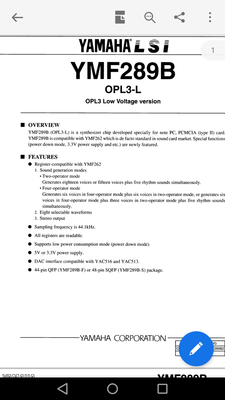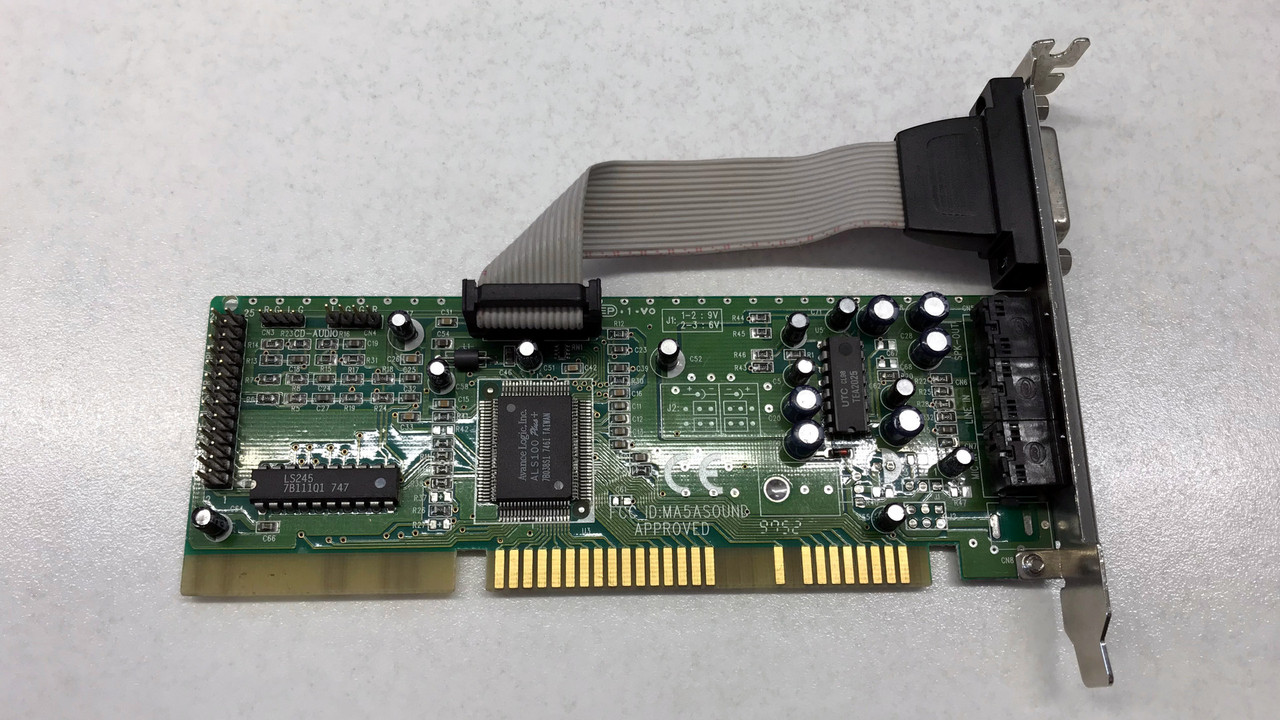Actually, it seems the ALS100, or at least the ALS100+, uses a pure hardware clone of the YMF262, and a virtually 1:1 replica at that. I say "virtually" as the Stereo output is flipped compared to a SoundBlaster on my personal ALS100+ (PCM sound is fine). If I were to guess, though, I'd say all Avance Logic cards, including the PCI ALS4000, use the same YMF262 hardware clone.
The Labway card, as Chinny pointed out, is quite good, but if you have sensitive ears like I do, you will notice the OPL3 output is at a slightly lower sound pitch than it should be due to the Yamaha OPL3-SAx using a different OPL3 core inside based around the YMF289, a low-power variant of the YMF262. I've stopped using sound cards with Yamaha chipsets on them for this very reason because I am INCREDIBLY PICKY when it comes to things like this (I even ditched a planned mod on my SoundBlaster 32 PnP CT3600 to replace its CQM chip with a YMF289 and accompanying DAC because of this, in fact, I won't even use a card with a discrete YMF289 given the option).
Also, if I were to guess what sort of OPL3 core is in the AZT2320 (some chips actually have the OPL logo on them), I would assume it's the YMF289 judging by the crystals connected to the chip, which exactly match those used by the OPL3-SAx chipset.
That Mozart card looks to have a genuine YMF262 on it, but I don't know anything about its SoundBlaster support.
The 82C931 is not very good. It has SoundBlaster Pro support, but its OPL3 clone, dubbed OPTiFM, is wonky, with several incorrect notes and even volume spikes. Not recommended.
The ES1868F is a fairly good chipset sporting ESS' good but not 100% accurate ESFM "enhanced" OPL3 clone. My one problem with this thing is its overly muffled SoundBlaster ADPCM audio output.
Stay the hell away from that Terratec card! Analog Devices SoundPort chipsets like that have AWFUL OPL3 that practically sounds like shoddy software emulation at a low sample rate. Avoid.
The Diamond Multimedia card looks rather mysterious. I've never seen that chipset, though I would assume it's a rebranded chipset from another manufacturer. I have no idea what it is, though.
Creator of The Many Sounds of:, a collection of various DOS games played using different sound cards.

